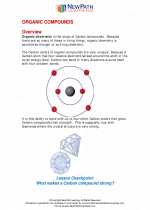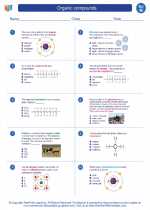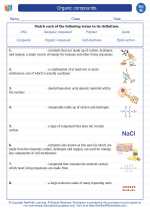Synthetic Materials
Synthetic materials are man-made substances created through chemical processes. These materials are designed to mimic or improve upon the properties of natural materials, and they have a wide range of applications in various industries.
Types of Synthetic Materials
There are several types of synthetic materials, including:
- Plastics: These are polymers that can be molded into various shapes and have a wide range of uses, from packaging to construction materials.
- Synthetic Fibers: These materials, such as polyester and nylon, are used in the production of clothing, upholstery, and other textiles.
- Composite Materials: Composites are made by combining two or more different materials to create a new material with enhanced properties. Examples include fiberglass and carbon fiber composites.
- Artificial Rubber: Synthetic rubber is used in the production of tires, hoses, and various other products.
- Synthetic Fuels: These are fuels produced from non-renewable resources, such as coal or natural gas, through chemical processes.
Advantages of Synthetic Materials
Synthetic materials offer several advantages over natural materials, including:
- Greater durability and longevity
- Customizability of properties
- Resistance to environmental conditions
- Lower cost of production
- Reduced reliance on natural resources
Environmental Impact
While synthetic materials have many benefits, they also pose environmental challenges. The production and disposal of synthetic materials can contribute to pollution and resource depletion. Additionally, some synthetic materials do not biodegrade easily, leading to long-term environmental impact.
Study Guide
When studying synthetic materials, it's important to understand their properties, uses, and impact on the environment. Here are some key topics to focus on:
- The chemical processes involved in the production of synthetic materials
- The different types of synthetic materials and their applications
- The advantages and disadvantages of using synthetic materials
- The environmental impact of synthetic materials and potential solutions to mitigate their negative effects
◂Science Worksheets and Study Guides Eighth Grade. Organic compounds

 Worksheet/Answer key
Worksheet/Answer key
 Worksheet/Answer key
Worksheet/Answer key
 Worksheet/Answer key
Worksheet/Answer key
 Vocabulary/Answer key
Vocabulary/Answer key
 Vocabulary/Answer key
Vocabulary/Answer key
